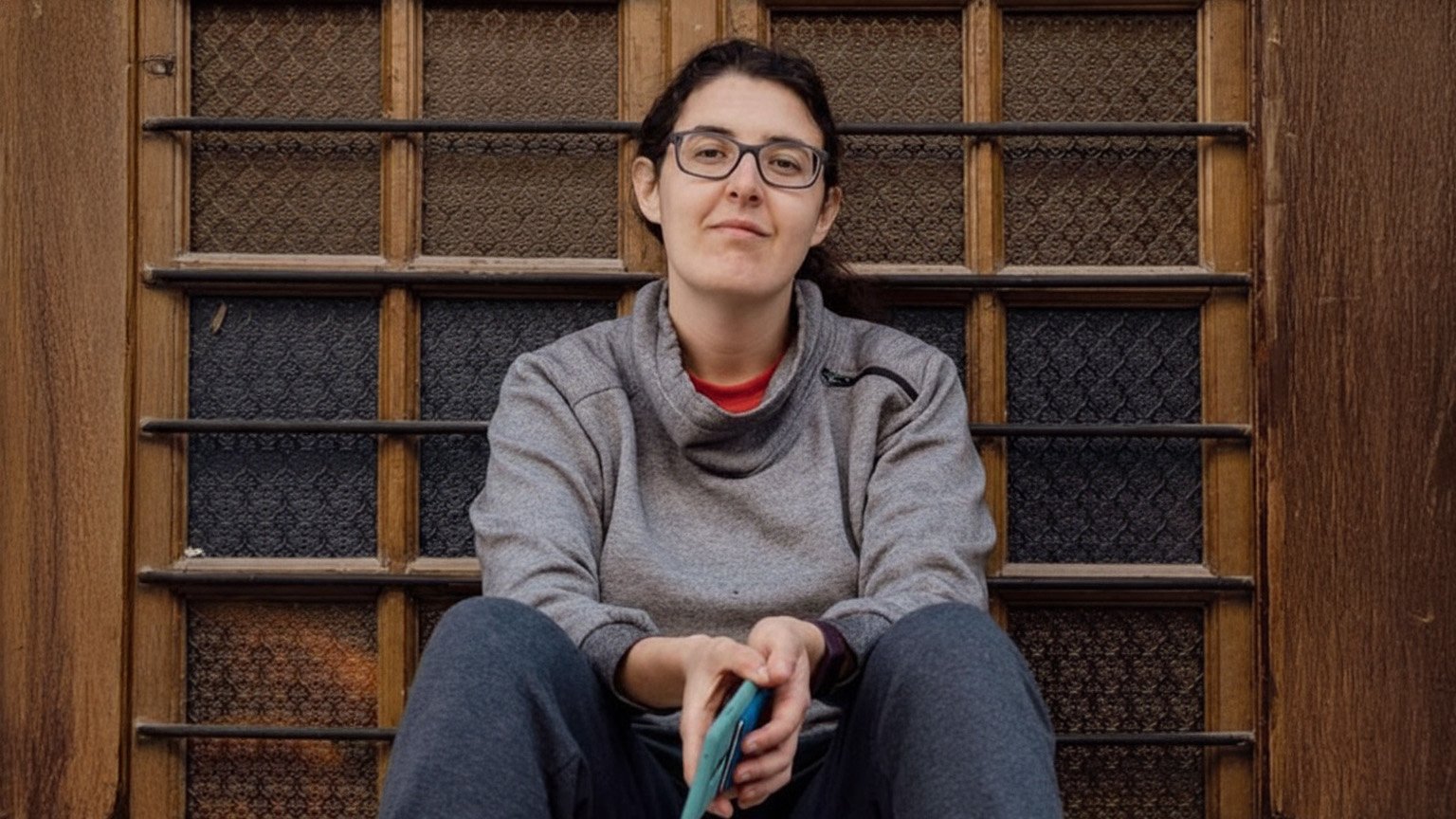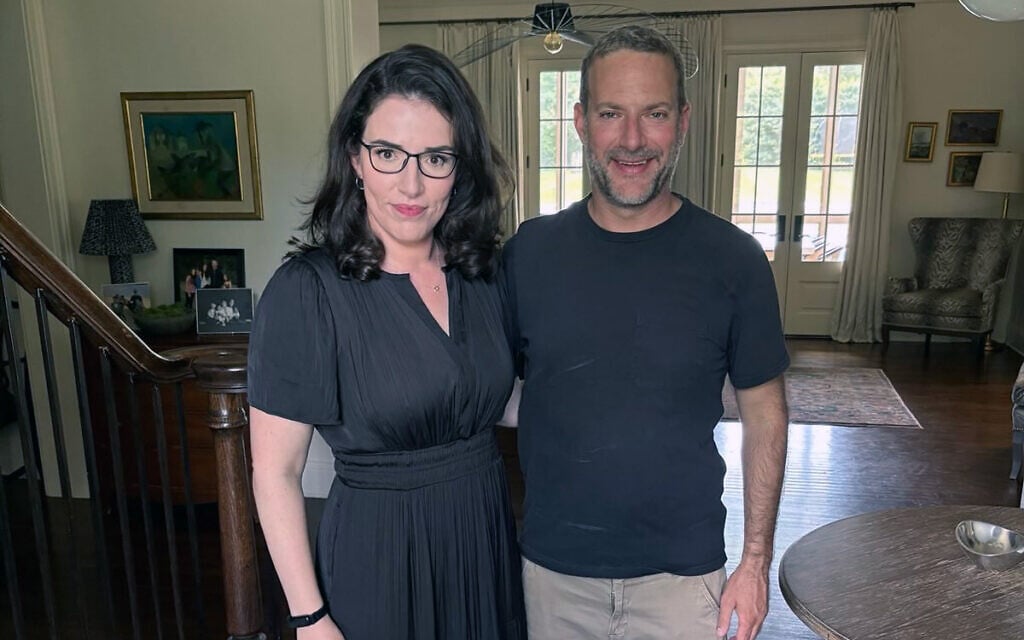


This week’s release of Elizabeth Tsurkov, an Israeli academic of Russian origin who was kidnapped by the Shiite militia Kataib Hezbollah in Iraq in 2023, was achieved thanks to the concerted efforts of Adam Boehler, the US administration’s special envoy for hostage affairs under President Donald Trump, and Mickey Bergman, executive director of Global Reach, a private American organization that assists in the return of hostages and political prisoners.
Bergman worked closely with the Tsurkov family for two and a half years to secure her freedom. On Tuesday night, at the conclusion of the process, Tsurkov was brought to the US embassy in Baghdad, where she held her first video call with her family.
Her sisters, Emma and Avital Tsurkov, had traveled to Washington this week at the initiative of Global Reach for a round of discreet meetings, including with Boehler and other administration officials.
No one knew at the time that during those very meetings, Boehler would succeed in bringing about her release. Once news of her freedom broke, the sisters quickly flew back to Israel, with Emma stopping in Cyprus on Wednesday to greet Elizabeth upon her arrival here on Wednesday.
Shortly after Emma and Avital learned of the release, Emma met with Israel’s coordinator for prisoners and missing persons, Gal Hirsch, who was in Washington to attend the MEAD US-Middle East policy conference.
The family had hoped Elizabeth would be flown directly to the United States, but once Israeli officials were informed, the Prime Minister’s Office requested that she be brought first to Israel. She landed in the country on Wednesday evening and was admitted to Sheba Medical Center, in a process similar to that followed for hostages returned from Hamas captivity.
In the final stages of the negotiations, Emma received updates that she chose not to share with Hirsch, who was informed only after the fact. Nonetheless, on Tuesday night, Hirsch posted on social media implying that Israeli security bodies and the state itself also deserved credit for the release.
The full story of the negotiations for Tsurkov’s release is yet to be told, but for now it is clear that the steps taken by Israel to which Hirsch alluded were not relevant to the outcome. Tsurkov was not high on the list of priorities in an Israel preoccupied by other interests. Without the intervention and pressure of the US administration, she might have remained in captivity in Iraq for many more years.
Despite her academic affiliation with Princeton University, Tsurkov is not a US citizen (her sister Emma holds a green card and is a resident of California). Bergman, who assisted the family, carried out significant groundwork to persuade Washington to act in this exceptional case: Elizabeth had entered Iraq to conduct academic fieldwork for Princeton, using her Russian passport. Her affiliation with Princeton gave Boehler a foothold for US involvement on her behalf.
Emma expressed her gratitude in a tweet in English directed at the US government, and in a parallel Hebrew message added thanks to Prime Minister Benjamin Netanyahu and Gal Hirsch.
Bergman himself posted a statement on Tuesday night thanking the Trump administration: “This is a day we have all been waiting for. When others were unwilling to help her, the US government stepped up, in particular Special Envoy Adam Boehler and his team. The Trump Administration deserves credit for taking action and bringing this young woman home to her family.”
Tsurkov’s release unfolded against a backdrop of regional tension: Israel’s strike Tuesday on senior Hamas officials in Doha – the outcome of which remains unclear – placed the Trump administration in a precarious and dangerous position. Even during the delicate process of securing her freedom, some of the steps relied on Qatari mediation. The Israeli strike, and Qatar’s anger — including at the US — raise serious questions about how this network of sensitive relations will be affected going forward.
The issue of kidnapped American citizens has become a central concern in Washington since Trump’s return to the White House.
The administration sees hostage-taking as a tool wielded around the world to exert political pressure on Washington. On Friday, Trump signed an executive order empowering the secretary of state to classify countries as carrying out “arbitrary detentions” or “unlawful kidnappings.” Such a designation would allow Washington to impose sanctions, export restrictions and travel bans.
White House briefings indicated that the first countries likely to be listed are China, Iran and Afghanistan, while no details were provided regarding Russia. The model resembles the State Department’s designation of state sponsors of terrorism.
In Tsurkov’s case, the implicit threat that Iraq might be designated a country that engages in arbitrary detentions or unlawful abductions appears to have provided the final impetus for her release.



